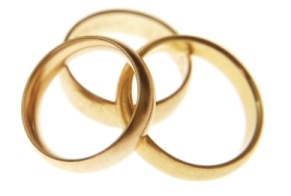‘There is no right not to be offended!’: It’s a popular slogan. At least, it must be if Google is anything to go by. I typed the phrase ‘no right not to be offended’ into ‘advanced search’ and came up with ‘about’ 1,780,000 sites. The slogan is especially favoured by those who, rightly or wrongly, see themselves as taking a stand for freedom of speech and expression against its enemies, and that includes Nicholas Hytner, Philip Pullman, John Cleese, Shami Chakrabarti, Rowan Atkinson, Peter Tatchell, Ronald Dworkin, Ricky Gervais, and the late Christopher Hitchens. That’s a fairly broad range of intellectually capable individuals , and I am sure the list could be extended considerably. (I can’t say that I have checked out every single one of the websites in question.)
Even so, there is a major problem with the claim, namely that it is completely false. At least, that is how it looks to me. Moreover, it doesn’t take much of an argument to demonstrate the point. Thus: Suppose that I were approach a randomly selected passer-by and say – e.g. – ‘Oy pigface! You smell like a rat’s backside’. That would be offensive, would it not? Alternatively, suppose that I were to deliberately offend some person by publicly insulting them on the web. It seems to me that any person whose moral sensitivities are at all normal could only deplore such behaviour. If you agree, then you are thereby recognising that people have a right not to be treated in such ways, from which it follows, tout court, that there is a right not to be offended, – at least in cases resembling those I have just described.Read More »‘There is no right not to be offended’: true or false?

